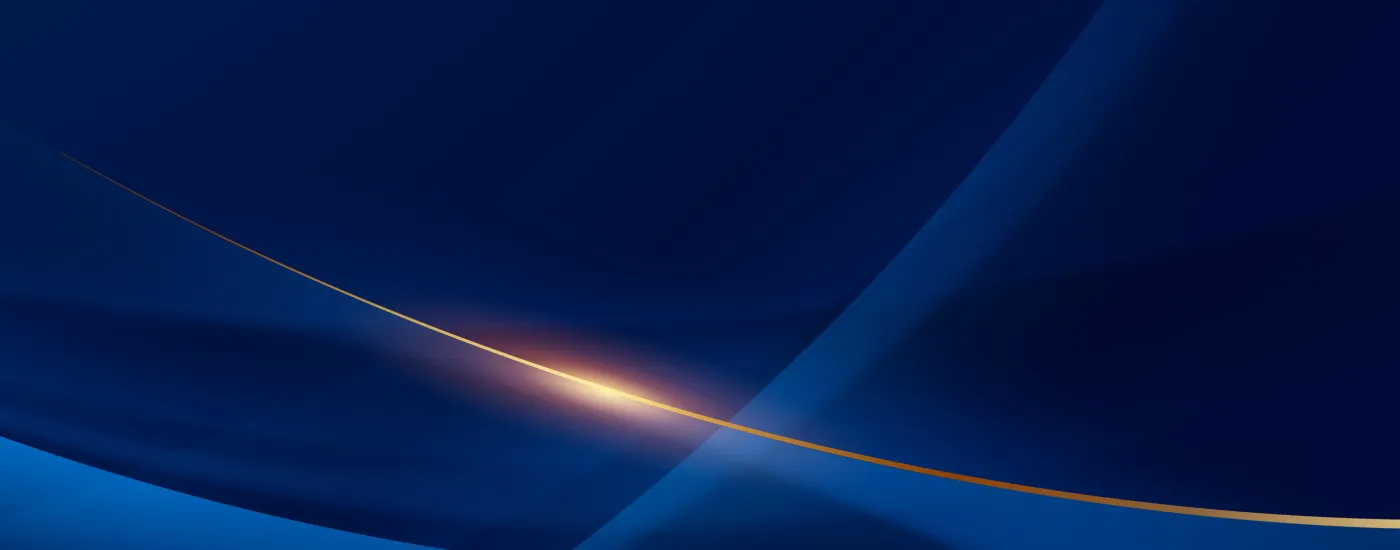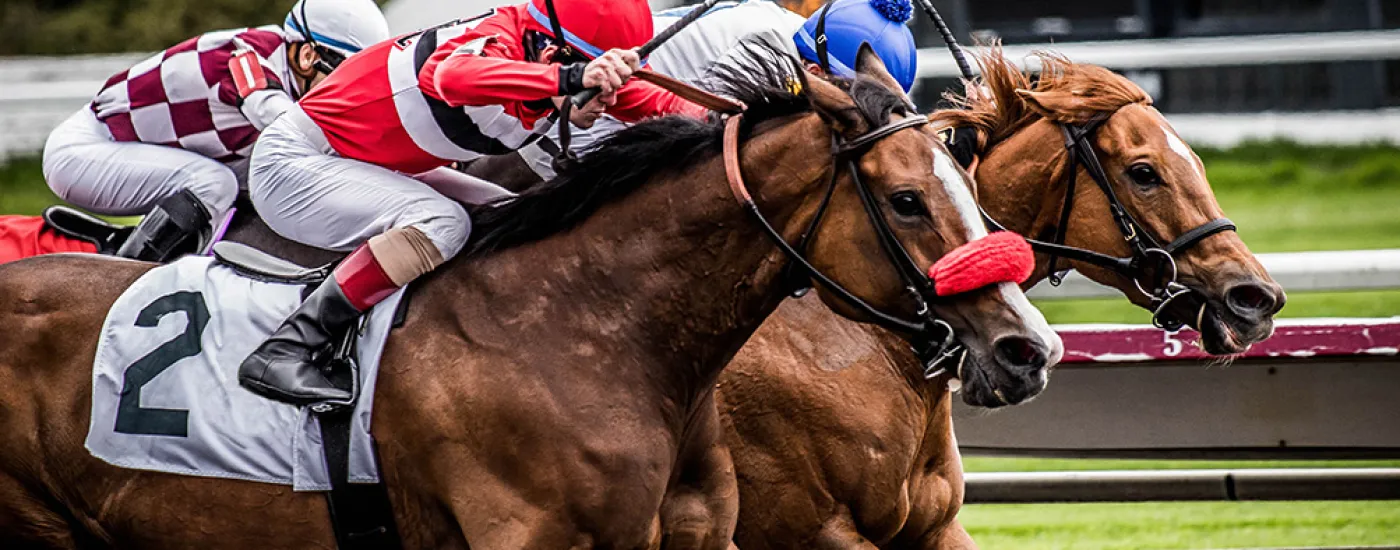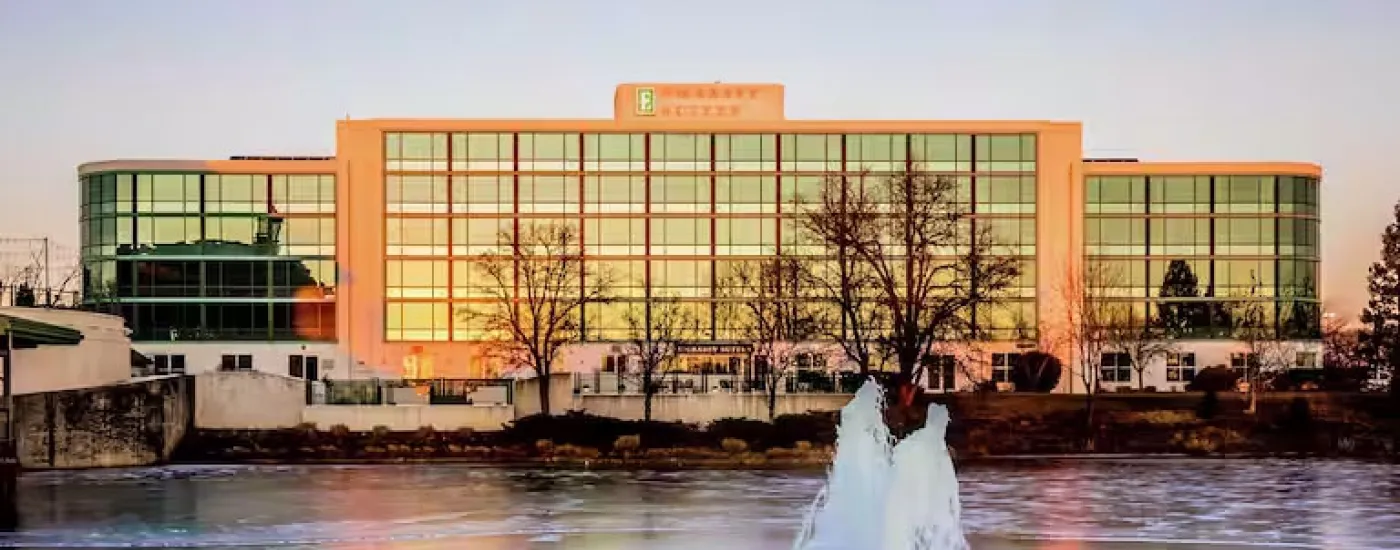The registration window is now closed. We look forward to seeing you at STRAW VI: Novel Insights into Prognostics and Treatments of Stroke.
This meeting regularly attracts researchers and clinicians interested in stroke across the Commonwealth and throughout the USA. STRAW VI: Novel Insights into Prognostics and Treatments of Stroke will focus on a translational approach to stroke and related cerebrovascular diseases. Topics will include new insights into novel approaches to pharmacotherapies for cerebrovascular diseases, as presented and discussed by clinical and basic scientists. This year’s speakers include Drs Eng Lo of Harvard and Selva Baltan of Oregon Health and Science University.
As per tradition, the meeting will have no registration fee and will also include an optional excursion in the ‘land of horses and bourbon’, facilitating opportunities for networking with like-minded research scientists.
Registration
Event registration is now closed
Event Begins
Thursday, April 17, 2025
8 a.m. ET
Event Ends
Friday, April 18, 2025
1 p.m. ET
Location
Embassy Suites by Hilton Lexington Green
245 Lexington Green Circle
Lexington, KY 40503
Speakers
Selva Baltan, MD, PhD, Oregon Health and Sciences University
Dr. Selva Baltan is currently an endowed professor and vice chair for research of anesthesiology and peri-operative medicine (APOM) at Oregon Health & Science University (OHSU). Dr. Baltan grew up in Ankara, Turkey, earning her MD from Hacettepe University in Turkey, and her PhD in neurophysiology from McGill University in Montreal, Canada. After completing an American Heart and Stroke fellowship at Washington University Department of Neurology in St. Louis, Mo., she joined the neurology department at the University of Washington in Seattle, Wa., and continued her academic career as assistant and associate professor. In 2011 Dr. Baltan joined the Neurosciences and Neurological Institute at the Cleveland Clinic and remained there until she joined OHSU in 2019 as a professor and vice chair of basic research.
Her research focuses on mechanisms of white matter injury to develop ideal stroke therapeutics that are directed towards neuronal and axonal protection across age, to restore function when applied after injury. Experimental approaches in her lab include optic nerve and corpus callosum slice models, employing electrophysiological recordings, and advanced microscopy techniques such as confocal, two-photon microscopy, and 3D electron microscopy. The current focus of her lab is on elucidating the mechanisms of preconditioning conferred by Class I HDAC inhibition in young and aging white matter and the gene regulatory mechanisms underlying this protective phenomenon. Studying the role of protein acetylation and mitochondrial dynamics in white matter stroke expands her findings to neurodegenerative diseases such as Multiple Sclerosis and Alzheimer’s disease that involve white matter. Her research is funded by multiple NIH grants.
Dr. Baltan serves on the editorial boards of several journals including Conditional Medicine, Translational Stroke Research, and Stroke, and has become a Handling Editor for ASN Neuro in 2021. Dr. Baltan has been a member of the National Institutes of Health Brain Injury and Neurovascular Pathologies (BINP) Study Section since 2012 and has become the chair of BINP Study Section in 2020. She also serves as a member of the American Heart Association (AHA) Brain and Stroke Study Section. She has been the chair of Membership Committee for ASN since 2013 and acted as a Council member of ASN in 2019.
Eng Lo, PhD, Harvard Medical School
Dr. Eng H. Lo received a Bachelor of Science in engineering at Yale, a PhD in biophysics from University of California Berkeley, and completed his postdoctoral training at Stanford. He joined Massachusetts General Hospital in 1992, where he is now Professor of Radiology and Neuroscience at Harvard Medical School. His lab works on experimental and translational research in stroke and neurodegeneration.
Dr. Elena Blanco-Suárez, PhD, Thomas Jefferson University
Dr. Elena Blanco-Suárez is an Assistant Professor in the Departments of Neuroscience and Neurological Surgery at Thomas Jefferson University. She earned her Ph.D. in Biochemistry from the University of Bristol (UK) and completed postdoctoral training in Molecular Neurobiology at the Salk Institute in La Jolla, CA.
Dr. Blanco-Suárez's research focuses on uncovering region-specific mechanisms by which astrocytes regulate synaptic plasticity in response to stroke. Her lab’s work is currently supported by the American Heart Association and the Chan Zuckerberg Initiative. Beyond her research, Dr. Blanco-Suarez is deeply committed to science communication and education. In recognition of her efforts, she received the Society for Neuroscience’s Next Generation Award and was named a finalist for the AAAS Early Career Award for Public Engagement with Science.
Vardan T Karamyan, PharmD, PhD
Vardan T. Karamyan is a professor at Oakland University William Beaumont School of Medicine (OUWB), where he heads the Laboratory for Neurodegenerative Disease and Drug Discovery. He earned a Pharm.D. degree (Magna cum laude, 2000) from the Yerevan State Medical University and a Ph.D. (2004) from the Institute of Biochemistry, National Academy of Sciences in Armenia before completing a postdoctoral training (2008) at the Department of Pharmacology, University of Mississippi School of Pharmacy. As an independent investigator, Dr. Karamyan’s career started at Texas Tech University Health Sciences Center School of Pharmacy, where he advanced through the academic ranks to a full professor before joining OUWB in September 2022.
One of Dr. Karamyan’s long-term research interests focuses on the pathophysiological function of neurolysin and associated peptidergic systems in ischemic stroke and related neurological disorders. In recent years, this work has grown into identification and development of small molecule activators of various peptidases, including neurolysin, as research tools and potential therapeutic leads.
In addition to research, Dr. Karamyan is an accomplished educator, he has been involved in the training of medical, pharmacy, and graduate students, and his teaching has been continuously recognized by students and faculty peers.
Tentative Agenda
Day 1 - April 17
8:00 - 8:40 Registration
8:40 - 8:55 Welcome Remarks (University of Kentucky: Keith Pennypacker, Director, CATSS)
9:00 - 10:00 Time, clocks and stroke (Eng Lo, Massachusetts General Hospital)
10:00 - 11:00 Cerebroprotective function of neurolysin and its pharmacological targeting for acute stroke therapy (Vardan Karamyan, Oakland University William Beaumont School of Medicine)
11:00 - 11:15 Coffee Break
11:15 - 12:15 Reinvigorating Stroke Research (Selva Baltan, Oregon Health and Sciences University)
12:15 - 1:15 Networking Lunch (University of Kentucky: Keith Pennypacker, Justin Fraser, Ann Stowe, Jill Roberts, Amanda Trout, Chirayukumar Pandya, Jordan Harp, Jenny Lutshumba, Justin Huber, Amanda Glueck, Christopher McLouth)
1:30 Board Buses for Taste of the Bluegrass Excursion
2:30 - 4:30 Keeneland: Thoroughbred Horse Racing
5:00 - 6:00 Tour: Town Branch Distillery
6:30 Dinner: Ethereal Brewing
9:00 Depart
Day 2 - April 18th
8:00 - 9:00 Announcements
9:00 - 10:00 Machine learning to predict stroke an aneurysm (Andrew Grande, University of Minnesota)
10:00 - 11:00 Harnessing astrocytes for enhanced stroke recovery (Elena Blanco-Suarez, Thomas Jefferson University)
11:00 - 11:15 Coffee Break
11:15 - 12:15 CATSS Alliance (Ann Stowe, University of Kentucky)
11:15 - 11:45 Amanda Glueck
11:45 - 12:15 Justin Huber
12:30 Lunch
1:15 Workshop Concludes



